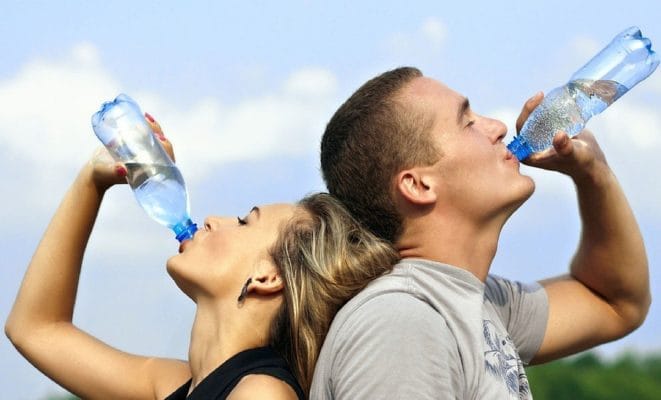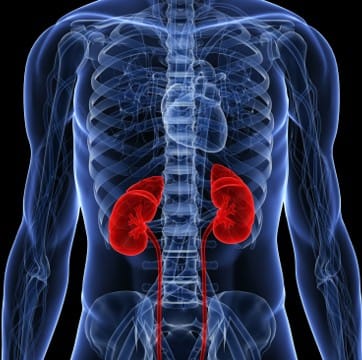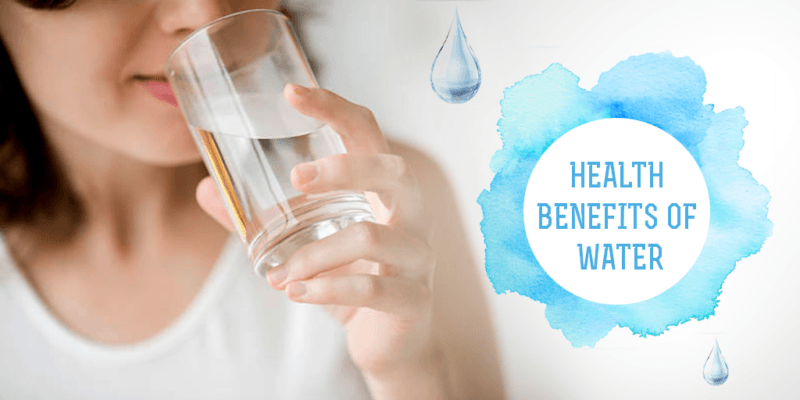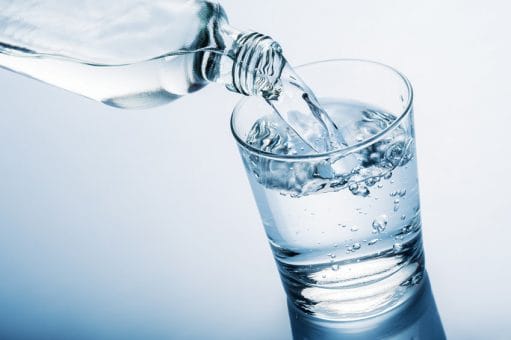HEALTH BLOGS BY FITBYNET
Why is drinking water so important?
Keeping hydrated is crucial for health and well-being, but many people do not consume enough fluids each day.
Around 60 percent of the body is made up of water, and around 71 percent of the planet’s surface is covered by water.
Water Benefits
To function properly, all the cells and organs of the body need water.
It is also needed to:
- lubricate the joints
- form saliva
- deliver oxygen throughout the body
- cushion the brain, spinal cord, and other sensitive tissues
- regulate body temperature
- produce hormones and neurotransmitters
- help food pass through the intestines
- flush body waste
Some of the water required by the body is obtained through foods with a high water content, such as soups, tomatoes, oranges, but most come through drinking water and other beverages.
During everyday functioning, water is lost by the body, and this needs to be replaced. We notice that we lose water through activities such as sweating and urination, but water is lost even when breathing.
Drinking water, whether from the tap or a bottle, is the best source of fluid for the body.
Milk and juices are also good sources of fluid, but beverages containing alcohol and caffeine, such as soft drinks, coffee, and beer, are not ideal because they often contain empty calories. Drinking water instead of soda can help with weight loss.
It was previously thought that caffeinated beverages had diuretic properties, meaning that they cause the body to release water. However, studies show that fluid loss because of caffeinated drinks is minimal.
Recommended intake

The amount of water needed each day varies from person to person, depending on how active they are, how much they sweat, and so on.
There is no universally agreed amount of water that must be consumed daily, but there is general agreement on what a healthy amount is.
According to the U.S. National Academies of Sciences, Engineering, and Medicine, the average recommended daily intake of water from both food and drink is:
- For men: Around 3.7 liters approx
- For women: Around 2.7 liters approx
- This would be around 15.5 cups for men and just over 11 cups for women. However, around 80 percent of this should come from drinks, including water, and the rest will be from food.
This means that:
- Men should drink around 12.5 cups of fluid
- Women should drink around over 9 cups
Many people will have heard the phrase, “drink eight 8 glasses of water a day.”
This is a little less than the National Academies’ recommendation for women, but “8 by 8” is an easy-to-remember amount that can put people on the right track. Remember, all non-alcoholic fluid counts towards this recommendation.
Kidney damage

The kidneys play a key role in keeping the body healthy.
Water helps dissolve minerals and nutrients, making them more accessible to the body. It also helps remove waste products. These two functions make water vital to the kidneys.
Every day, the kidneys filter around 120-150 quarts of fluid.
Of these, approximately 1-2 quarts are removed from the body in the form of urine, and the rest is recovered by the bloodstream.
Water is essential for the kidneys to function.
If the kidneys do not function properly, waste products and excess fluid can build up inside the body.
Untreated, chronic kidney disease can lead to kidney failure. The organs stop working, and either dialysis or kidney transplantation is required.
Urinary tract infections (UTIs) are the second most common type of infection in the body. They account for around 8.1 million visits to health care providers in the U.S. every year.
If infections spread to the upper urinary tract, including the kidneys, permanent damage can result. Sudden, or acute, kidney infections can be life-threatening, particularly if septicemia occurs.
Drinking plenty of water is a simple way to reduce the risk of developing a UTI and to help treat an existing UTI.
Kidney stones interfere with how the kidneys work. When present, can complicate UTIs. These complicated UTIs tend to require longer periods of antibiotics to treat them, typically lasting 7 to 14 days.
The leading cause of kidney stones is a lack of water. People who report them often do not drink the recommended daily amount of water. Kidney stones may also increase the risk of chronic kidney disease.
In November 2014, the American College of Physicians issued new guidelines for people who have previously developed kidney stones. The guidelines state that increasing fluid intake to enable 2 liters of urination a day could decrease the risk of stone recurrence by at least half with no side effects.
Dehydration happens if we use and lose more water than the body takes in. It can lead to an imbalance in the body’s electrolytes. Electrolytes, such as potassium, phosphate, and sodium, help carry electrical signals between cells. The kidneys keep the levels of electrolytes in the body stable when they function properly.
When the kidneys are unable to maintain a balance in the levels of electrolytes, these electrical signals become mixed up. This can lead to seizures, involving involuntary muscle movements and loss of consciousness.
Effects

Not just the kidneys are affected by a lack of water.
Here are a few of the other negative consequences of dehydration:
- Blood is more than 90 percent water. A lack of water can cause blood to become thicker, increasing blood pressure.
- When dehydrated, airways are restricted by the body in an effort to minimize water loss. This can make asthma and allergies worse.
- The skin can become more vulnerable to skin disorders and premature wrinkling.
- The bowel needs water to work properly. Dehydration can lead to digestive problems, constipation, and an overly acidic stomach. This increases the risk of heartburn and stomach ulcers.
- Cartilage, found in joints and the disks of the spine, contains around 80 percent water. Long-term dehydration can reduce the joints’ shock-absorbing ability, leading to joint pain.
- Dehydration can affect brain structure and function. Prolonged dehydration can lead to problems with thinking and reasoning.
Fast Facts
Here are some fast facts about water:
- Babies and children have a higher percentage of water than adults. When babies are born, they are about 78 percent water, but this falls to 65 percent by the age of 1 year.
- Fatty tissue has less water than lean tissue.
- Men have more water than women, as a percentage.

